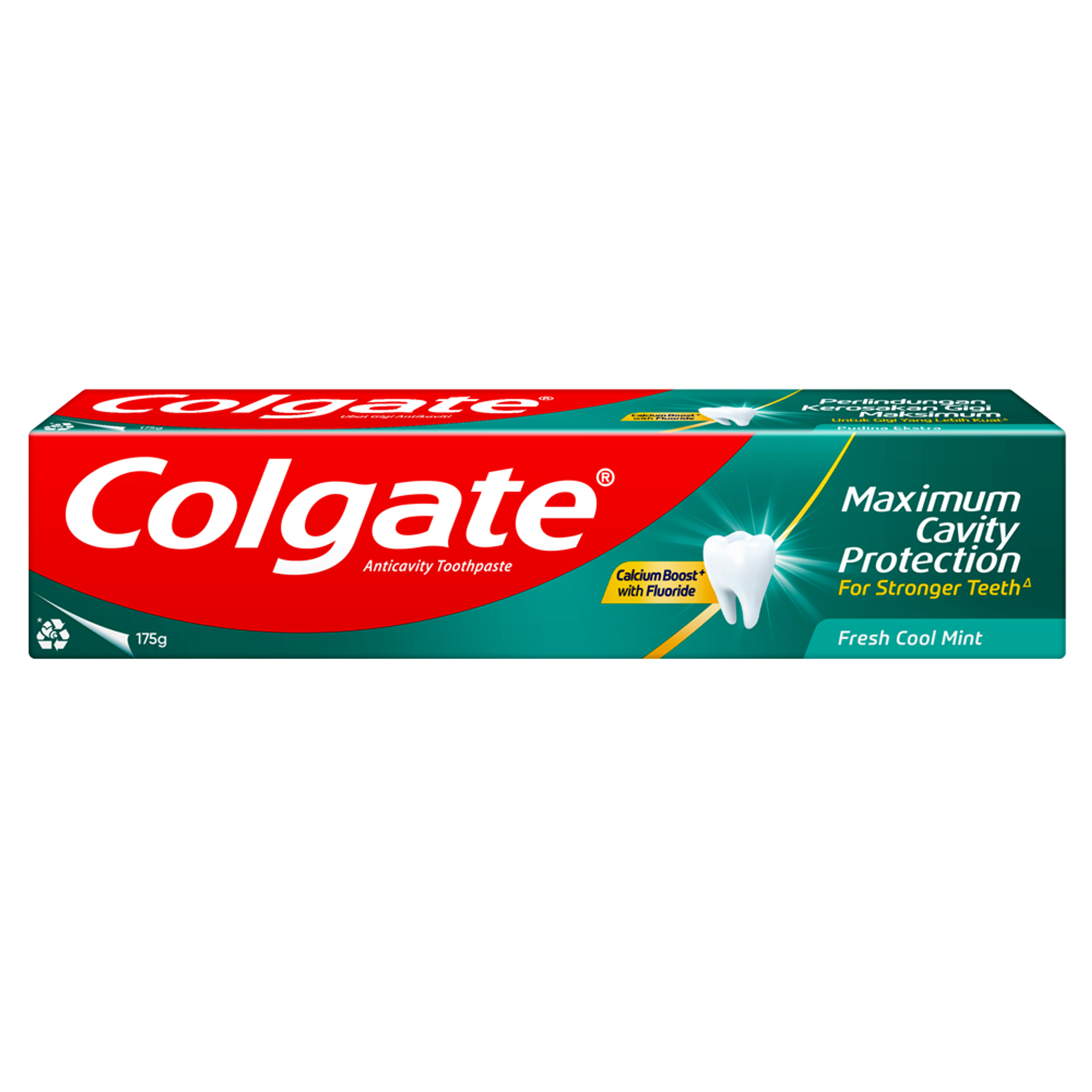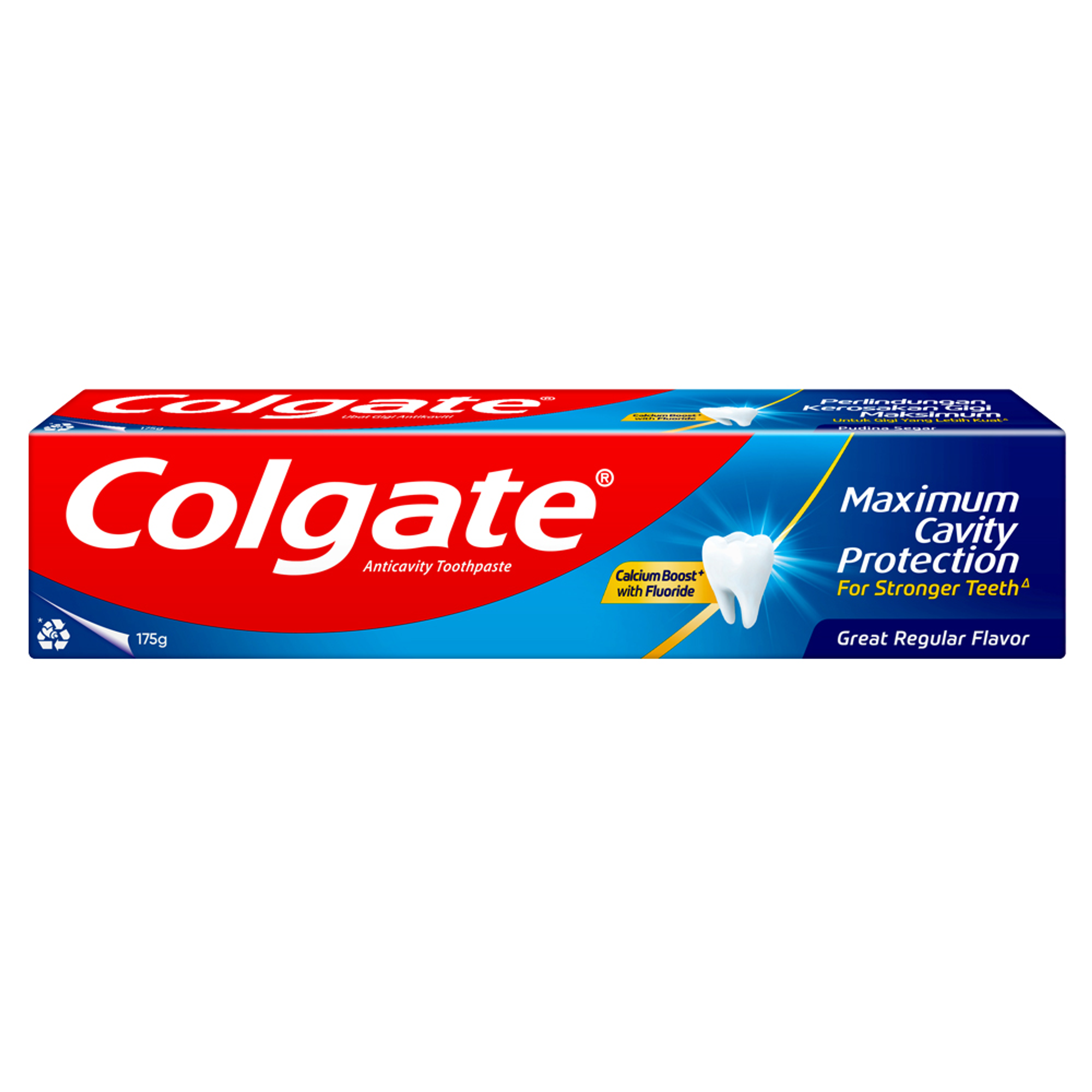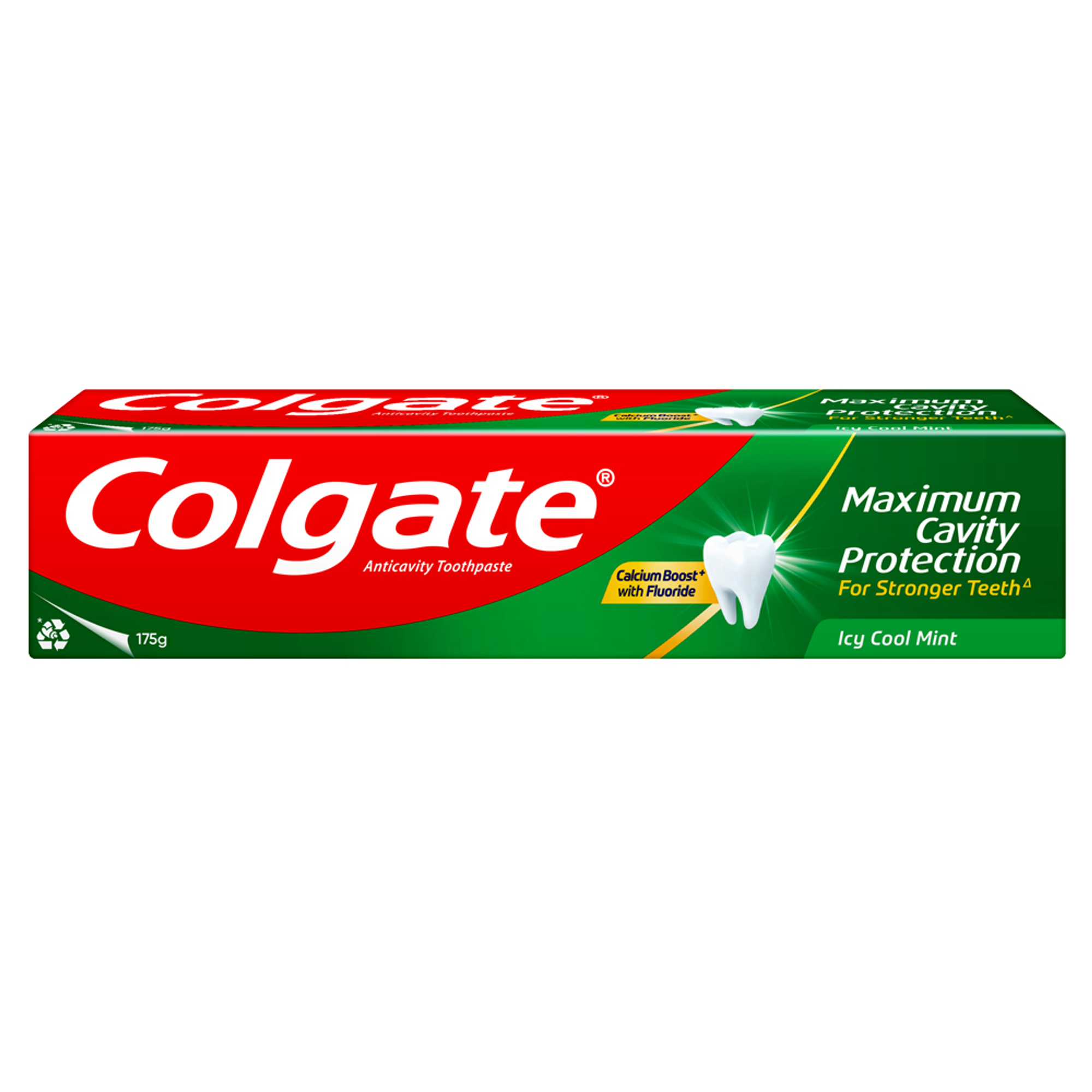-
-

FLUORIDE
Discover how stannous fluoride toothpaste prevents cavities and other oral health issues. Learn the key benefits of fluoride for teeth and its best uses.Fluoride plays a vital role in oral healthcare...

TEETH WHITENING
Teeth Whitening Serum for a Brighter, Confident SmileWho does not want whiter and brighter teeth? Thanks to the many teeth-whitening products available today...
-
Science & Innovation
- ORAL HEALTH ASSESSMENT
- Colgate® | Toothpaste, Toothbrushes & Oral Care Resources
- Oral Health
- Wisdom Tooth Decay: Symptoms and Treatments


If you're like a lot of people, you've probably had a cavity or two in your lifetime. Among adults between the ages of 20 and 44 in the U.S., 31.6% had untreated cavities between 2013 and 2016, according to the Centers for Disease Control and Prevention. Though they are preventable, cavities are still very common. You can get cavities on any part of your tooth and on any one of your teeth — even your wisdom teeth (if you have them). Here's what you need to know about a wisdom tooth cavity.
Wait — You Can Get Cavities in Your Wisdom Teeth?
Many people don't think about their wisdom teeth, aka the third molars. That might be because a lot of people don't have their wisdom teeth. A study in the Dental Press Journal of Orthodontics revealed that dentists recommend wisdom tooth extraction for about 59% of their patients. According to Novena Medical Centre, wisdom teeth surgery is one of the common oral surgery procedures at their centre. One of the main reasons dentists recommend taking out wisdom teeth is because they often cause trouble.
The third molars are the last teeth to arrive on the scene. As SingHealth notes, they typically erupt between the ages of 16 and 21 - but the trouble is, while wisdom teeth could once have been useful in the past when human jawbones were bigger and could accommodate their fully erupted size, the size of the human jawbone today leaves no room for wisdom teeth, and so they become impacted. An impacted wisdom tooth can be more likely to get a cavity. When a tooth is stuck in the gums, it's possible for food to get stuck near it. The gums around the impacted wisdom tooth may trap food and bacteria which may lead to a painful, swollen infection, as pointed out by the Singapore Ministry of Health.
Another reason why wisdom teeth might develop cavities is that it can be more difficult to clean them. It can be tricky to reach all the way to the back of the mouth with a toothbrush or piece of floss.
What to Do If You Have a Wisdom Tooth Cavity
If you get a cavity on any other tooth, your dentist will most likely recommend filling the cavity to restore the tooth. Depending on the extent of the decay, you might even need a root canal to save teeth that might otherwise be extracted, according to SingHealth. However, with a wisdom tooth cavity, it's a slightly different story.
As Dr Lui Jeen Nee explains in the SingHealth article, wisdom teeth that erupted in the wrong position or orientation would not be useful for chewing anyway. So extracting them is a reasonable course of action. Extraction may still be recommended even if the tooth is not causing problems, depending on the condition and placement of the tooth.
According to a report in the Journal of the American Dental Association, cavities are the reason behind 15% of third molar extractions. If your wisdom teeth have fully erupted in your mouth and aren't stuck in the gums, it's possible that your dentist may be able to fill and restore the tooth just like any other. That's why it's important to go for regular check-ups, so they can assess the health of all your teeth and detect any cavities.
Should You Keep Your Wisdom Teeth?
What if you're not dealing with any cavities in your wisdom teeth and your dentist hasn't recommended extracting them? Is it worth keeping your third molars then? If you still have your wisdom teeth and this concerns you, bring it up to your dentist at your next check-up. Your dentist might recommend leaving the teeth alone if they aren't causing you any issues. Your dentist will continue to closely monitor your wisdom teeth during your dental visits, as cavities or other problems could come up later.
If your wisdom teeth haven't come in properly, your dentist might recommend removing them. They'll discuss your options for wisdom tooth removal with you and let you know what to expect during the procedure. And if you develop a wisdom tooth cavity, rest assured that your dentist will help you find the right solution to keep your mouth healthy in that scenario too.
Related Articles

The longer that you put off tooth decay treatment, the more involved, expensive and painful that treatment could become.


Related Products

Helping dental professionals
More professionals across the world trust Colgate. Find resources, products, and information to give your patients a healthier future







